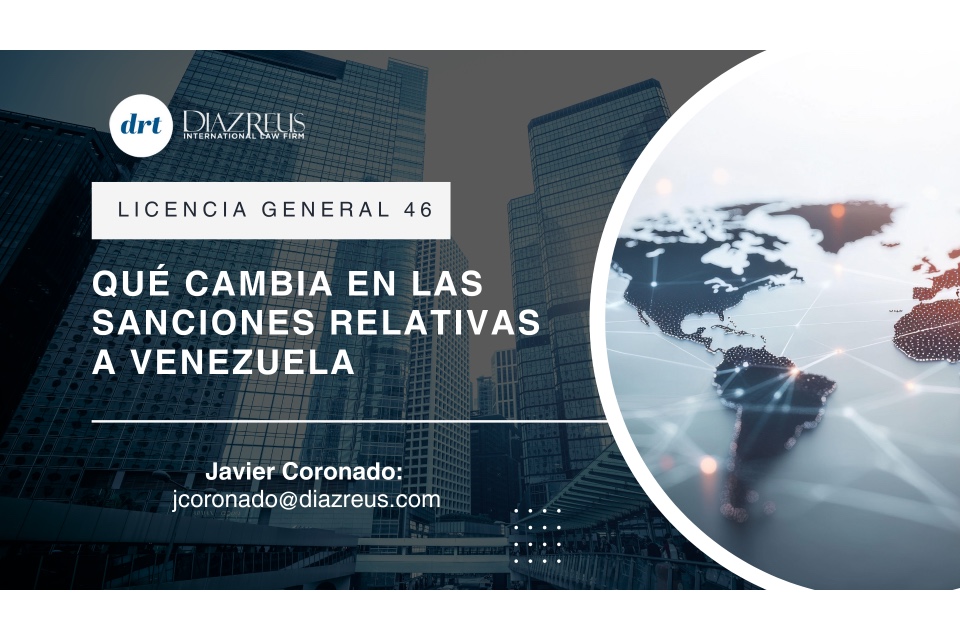By Marcela Cristina Blanco and Marcelo Buendía.
Colombia, a country that was once considered as a veritable incubator for money laundering activity, has become a regional leader in the fight against money laundering. Colombia made a considerable effort to change, if not eliminate, this negative image. Critically, Colombia has closed the significant gaps that once challenged its legal and, more particularly, anti-money laundering compliance framework. As a result, Colombia’s regulators and law enforcement officials have improved the free flow of information that is crucial for the early detection, prevention, and prosecution of these kind of felonies.
Under Colombian law, one person, working individually, can be prosecuted for money laundering. Specifically, article 323 of the Criminal Code provides the following:
«Any person who acquires, safeguards, invests, transports, transforms, guards, or manages assets that are directly or indirectly sourced from extortion, migrant smuggling, human trafficking, extortion, illicit enrichment, extortive kidnapping, rebellion, weapon traffic, trafficking of minors, financing of terrorism and administration of resources related to terrorist activities, smuggling, smuggling of hydrocarbons or their derivatives, custom fraud or favouring and facilitating smuggling, favouring the smuggling of hydrocarbons or their derivatives, criminal offenses against the financial system or the public administration, or anyone who is in any way related with the product of a criminal offense or a criminal conspiracy related with the traffic of toxic drugs, narcotics, psychotropic drugs, or anyone
who conceals to such assets which are sourced from any of the aforementioned criminal offenses with an appearance of legality, therefore concealing their true nature, origin, location, destination, movement or rights upon said assets shall be sanctioned, for this sole conduct, with imprisonment for 10 to 30 years and receive a pecuniary fine of 1,000 to 50,000 minimum monthly legal wages. (…)














